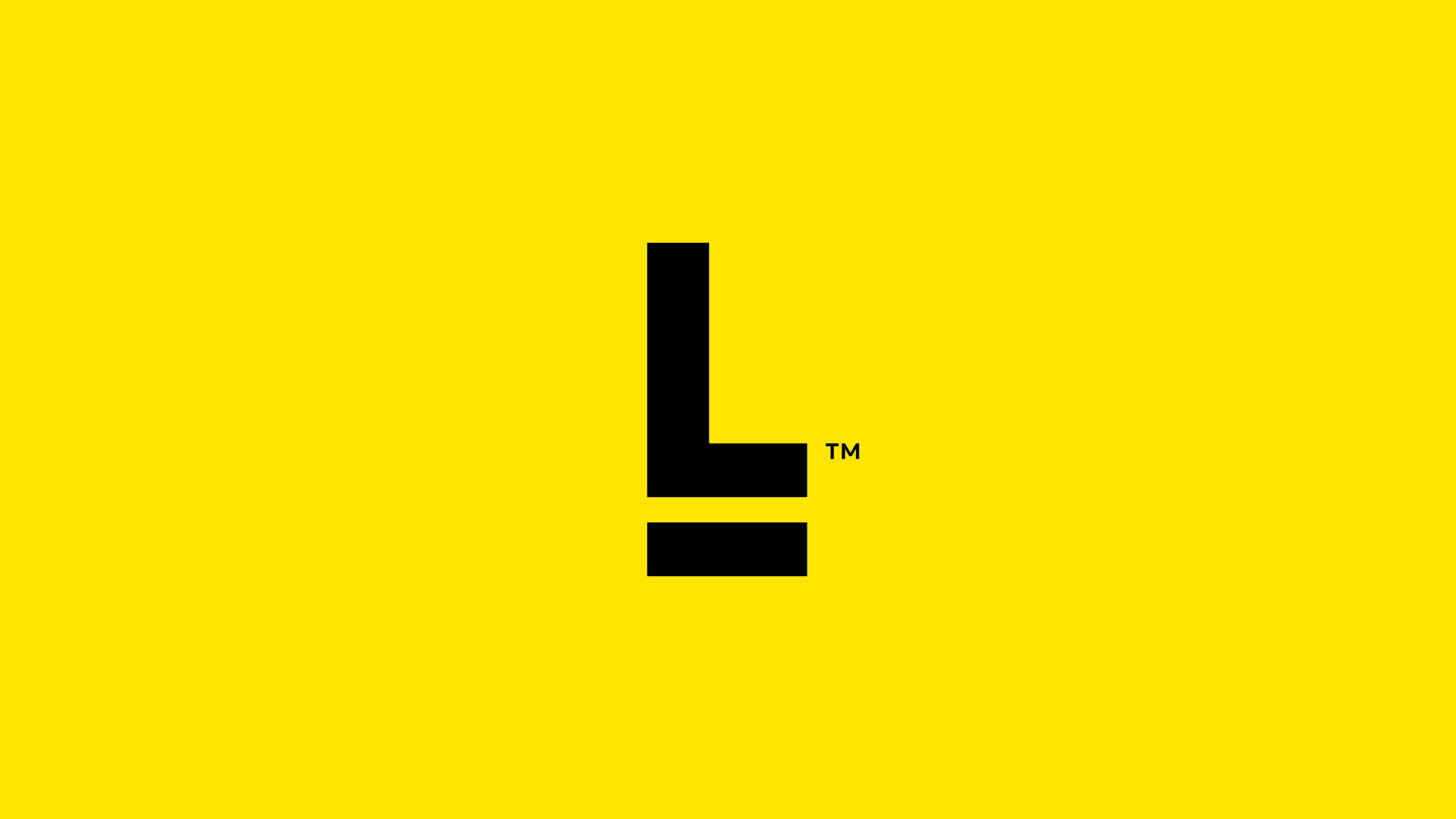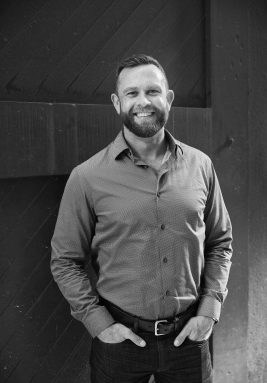Naming
We do naming differently. Our names do more than make people take notice—they take people to new places.
-
Company naming
We specialize in brand naming and provide expert guidance on what should be a significant and lasting decision for an organization.
-
Product and service naming
We develop names for individual products and services and product and service families, ensuring that these names align with the brand and make the right impact within a portfolio.
-
Naming strategy
We help clients develop a strategic approach to naming anything and everything that might require a name, so any new names that a client develops will support their brand and business goals.
-
Nomenclature systems
For large portfolios with complex hierarchies and/or many versions of products, we design nomenclature systems that simplify navigation and organization for both customers and employees.
-
Naming validation
Our proprietary research processes provide the insights necessary to pick the right name and avoid potential strategic, cultural, and/or linguistic pitfalls.
Our work
Our people
Our ideas
-
Media Mentions
How to pick a name for your AI startup
-
SMPL Q+A
Rigetti’s newest evolution: The Novera QPU, the premiere “personal” quantum computer
-
S+G Blog
Becoming Solventum
-
SMPL Q+A
The Home Depot
-
S+G Blog
2023 predictions: The future of brand experience
-
Media Mentions
By playing a long game, the Commanders scored big with their rebrand
Our services
Non-profit naming
Brand naming
Platform naming
Product and service naming
Multilingual naming strategies
Global linguistic testing
Trademark pre-screening
Quantitative naming validation
Name change assessments
Naming guidelines and playbooks










